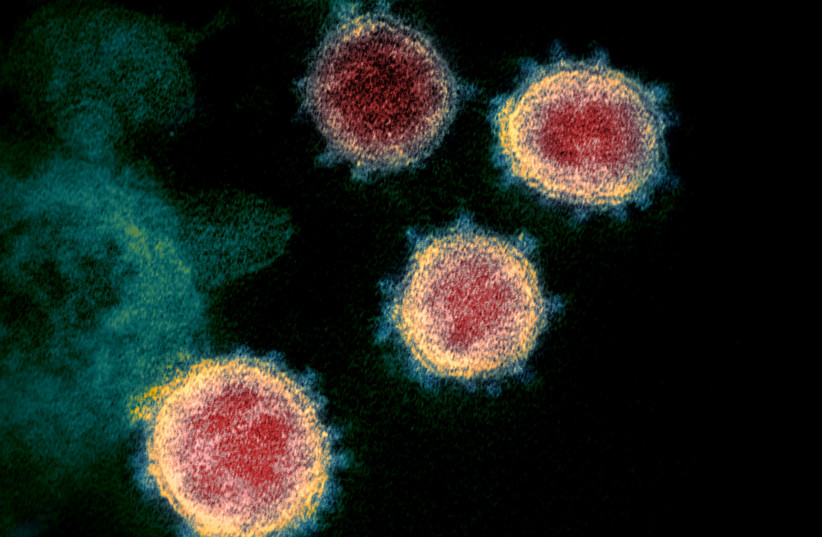A virus similar to the one behind COVID-19 (SARS-CoV-2) that was recently found in a Russian bat is resistant to current vaccines and can infect humans, according to a study published last Thursday.
Published in the peer-reviewed journal PLoS Pathogens, the study, led by researchers from Washington State University’s Paul G. Allen School for Global Health, suggests that the spike proteins found from the bat virus known as Khosta-2 are able to infect human cells.
While SARS-CoV-2 and Khosta-2 belong to the same subcategory of coronaviruses called sarbecoviruses, Khosta-2 is resistant to monoclonal antibodies and serum from the existing SARS-CoV-2 vaccines.
Even antibodies from the Omicron variant were not effective against Khosta-2.
What did the authors of the study find?

"Critically, our findings highlight the urgent need to continue development of new and broader-protecting sarbecovirus vaccines," writes lead study author and ecologist Stephanie Seifert.
The discovery of Khosta-2 demonstrates that sarbecoviruses can be found circulating in animals outside of Asia, posing a threat to the current vaccine against COVID-19. The findings show a need for universal vaccines to protect the public against sarbecoviruses in general as opposed to only fighting known variants of SARS-CoV-2.
“Right now, there are groups trying to come up with a vaccine that doesn’t just protect against the next variant of SARS-2 but actually protects us against the sarbecoviruses in general,” says the corresponding author of the study and WSU virologist Michael Letko.
Hundreds of sarbecoviruses have been found since the coronavirus pandemic began, but none initially appeared to be a threat to the human population.
Upon its discovery in 2020, Khosta-2, along with another bat virus known as Khosta-1, didn't seem to present any danger. Researchers believed that the viruses lacked some of the genes necessary to negatively affect the human immune system, especially considering that neither was closely related to SARS-CoV-2.
However, when the researchers studied these viruses more closely, they found problematic traits in the Khosta-2 virus.
“Genetically, these weird Russian viruses looked like some of the others that had been discovered elsewhere around the world, but because they did not look like SARS-CoV-2, no one thought they were really anything to get too excited about,” says Letko.
“But when we looked at them more, we were really surprised to find they could infect human cells. That changes a little bit of our understanding of these viruses, where they come from and what regions are concerning.”
The team of researchers discovered that Khosta-2, like the SARS-CoV-2 virus, can infect cells by attaching its spike protein to a receptor protein found in human cells. This led the researchers to question its resilience against current vaccines.
The team used serum taken from groups of people vaccinated for COVID-19. The receptor binding domains of the spike proteins of Khosta-2 showed total resistance to the monoclonal antibodies prompted by the COVID-19 vaccine, meaning that Khosta-2 was not offset by current vaccines.
While Khosta-2 is lacking some of the genes necessary to negatively affect the human immune system, there is still a risk of the new virus recombining with a second virus to create a whole new variant.
“When you see that SARS-2 has this ability to spill back from humans and into wildlife – and then there are other viruses like Khosta-2 waiting in those animals with these properties we really don’t want them to have – it sets up this scenario where you keep rolling the dice until they combine to make a potentially riskier virus,” Letko said.
The overall findings emphasize the importance of designing vaccines that protect against all sarbecoviruses in order to prevent another deadly outbreak.
"Unfortunately, many of our current vaccines are designed to [protect against] specific viruses we know infect human cells or those that seem to pose the biggest risk to infect us – But that is a list that's everchanging,” the WSU virologist said. “We need to broaden the design of these vaccines to protect against all sarbecoviruses."
